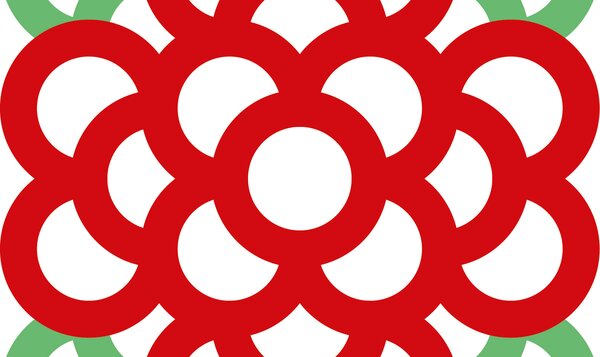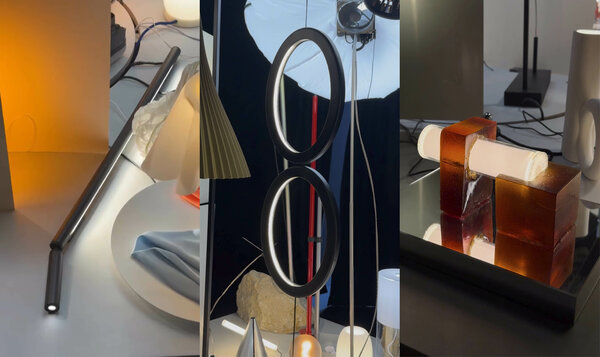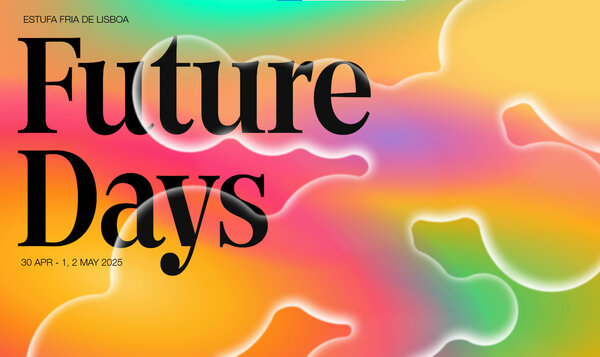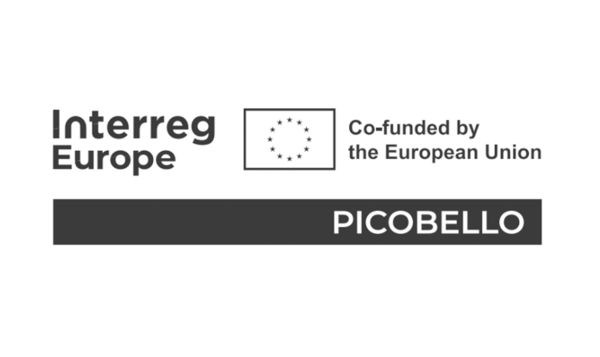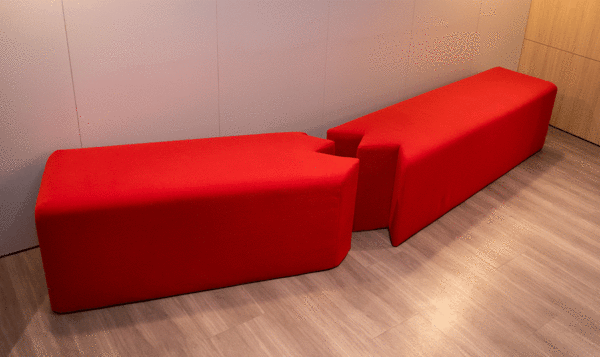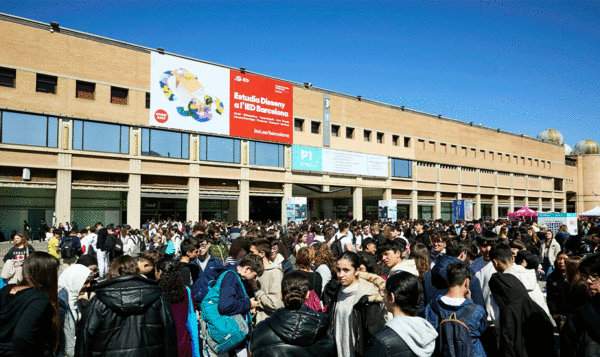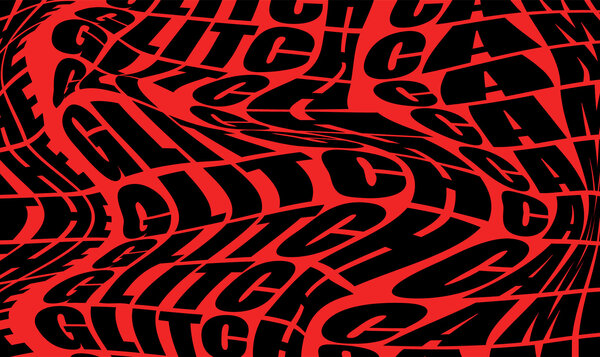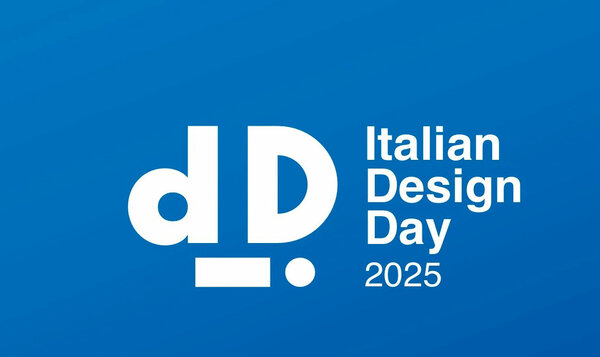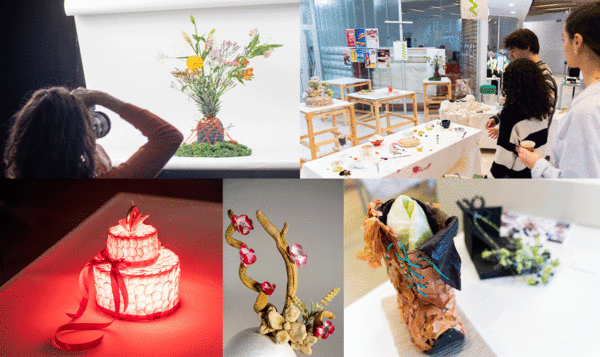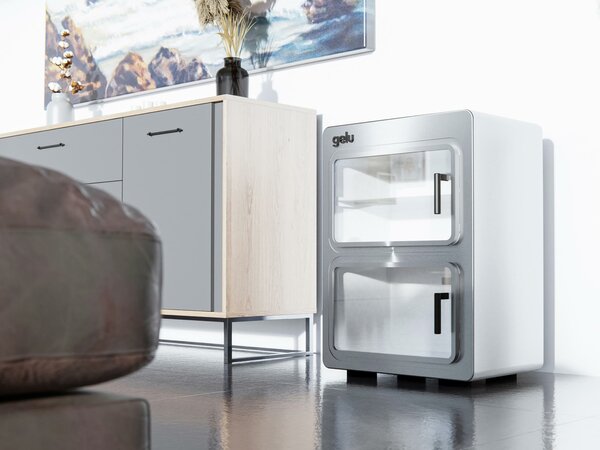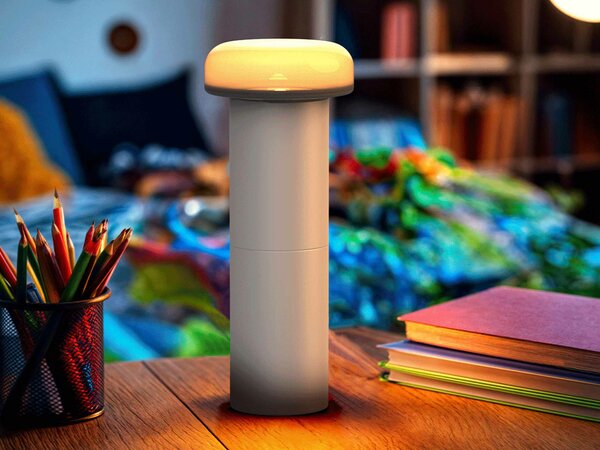The award recognises the best final thesis by Product Design students at IED Barcelona
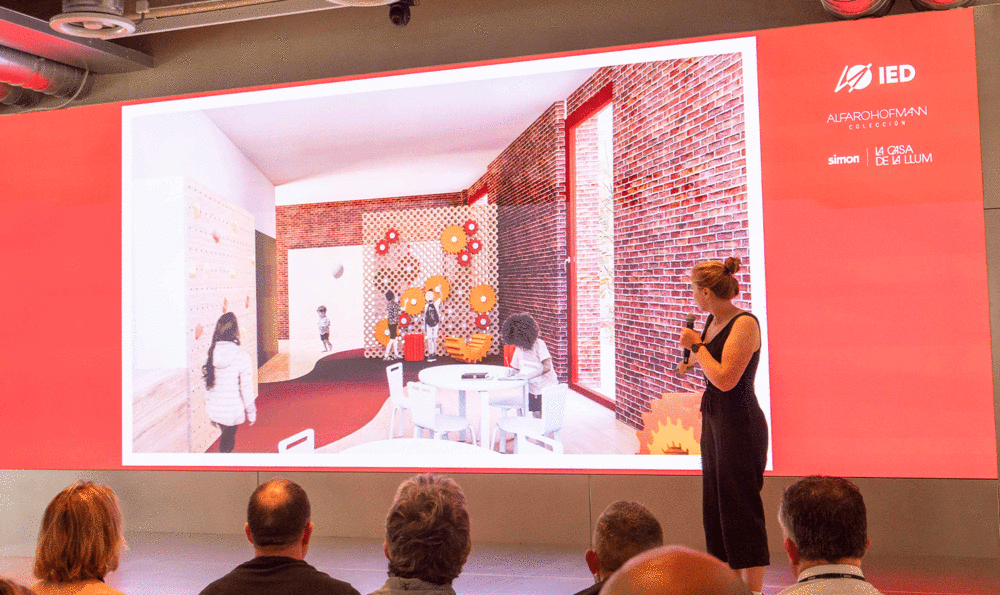
A game system for Generation Alpha wins the first IED Alfaro Hofmann Collection Award
Date
18 July 2024
“Amuza”, a fun and attractive system designed to encourage interaction among children of the Alpha Generation and keep them away from screens, is the winning project of the first edition of the IED Alfaro Hofmann Collection Award.
The work by Lucienne de Waal, Product Design student at IED Barcelona, impressed a jury composed of Andrés Alfaro Hofmann, Collector and Interior Designer; Reme Samper, Head of the Alfaro Hofmann Collection; Salvi Plaja, Chief Design Officer of Simon and President of FAD; and Uli Marchsteiner, Teacher at IED Barcelona, who valued “its ability to combine education, play and technology in a product for children intended for use in shared spaces”. Further, the proposal is scalable and commercially viable, an aspect that the panel of experts also took into account when deciding in its favour.
Lucienne received the award at a ceremony held on 7 June at La Casa de la Llum, the meeting and innovation space for light culture by the multinational company Simon, venue partner of the event. Two other students took to the stage with her, whose proposals were awarded an Honourable Mention:
• “Suraisu” by Spencer Finch-Batista is an energy-efficient portable light designed for use both indoors and outdoors.
• “Gelu” by Malak Abdelaziz proposes a sustainable refrigerator that combines advanced and modern technology with an elegant design.
With the first project, the jury valued “its portability, being wireless, and the solution based on cylindrical geometry that, with a simple oblique cut, enables the flow of light to be regulated by moving the upper part of the cylinder”. They also highlighted the high level of elaboration of the project and the fact that it is marketable.
Regarding “Gelu”, the experts appreciated that it offers “a sustainable and practical solution to an energy-intensive appliance, giving the possibility of recognising where food is located before opening the door, as well as reducing energy losses by grouping food into compartments”.
Energy. Designing positive
Nine projects were nominated for the IED Alfaro Hofmann Collection Award, an accolade that recognises the best final thesis by Product Design students from the courses taught in English and Spanish. In this first edition, following the proposal of IED Barcelona Design School, students had to provide a response to SDG 7, which seeks to guarantee access to clean and affordable energy as a key to development. Specifically, IED asked students to think of new products, materials or systems to improve energy efficiency, reduce energy consumption, or reuse solar or kinetic energy as possible alternative energy sources in the field of habitat, understood as interiors (shared or private spaces) or exteriors (terraces, rooftops, public spaces).
Starting with diverse problems and social realities, such as the hyperconnection of Generation Alpha, co-housing, supermarket waste or the overconsumption of products, which generate a high energy impact at the production level, the students explored current and future scenarios combining the technical viability of the proposals with functionality and aesthetics, resulting in an interesting catalogue of new products.
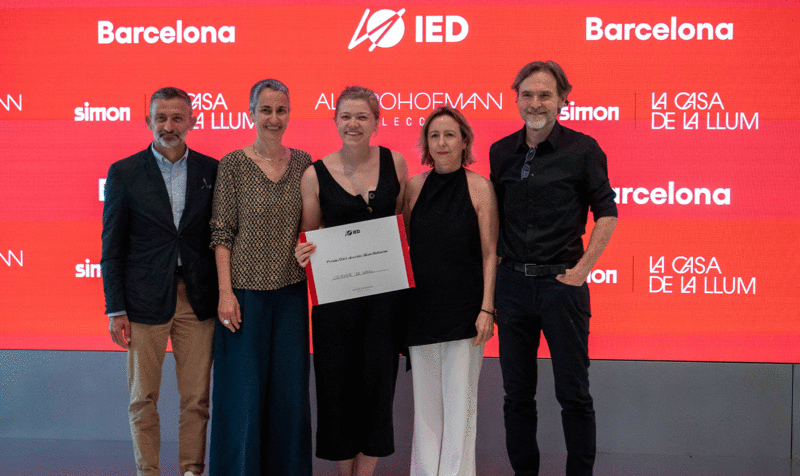
From left to right: Andrea Marchesi, Director of IED Barcelona; Raffaella Perrone, Head of the Design School at IED Barcelona; Winner Lucienne de Waal; and Jury Members Reme Samper, Head of the Alfaro Hofmann Collection, and Andrés Alfaro Hofmann, Collector and Interior Designer.
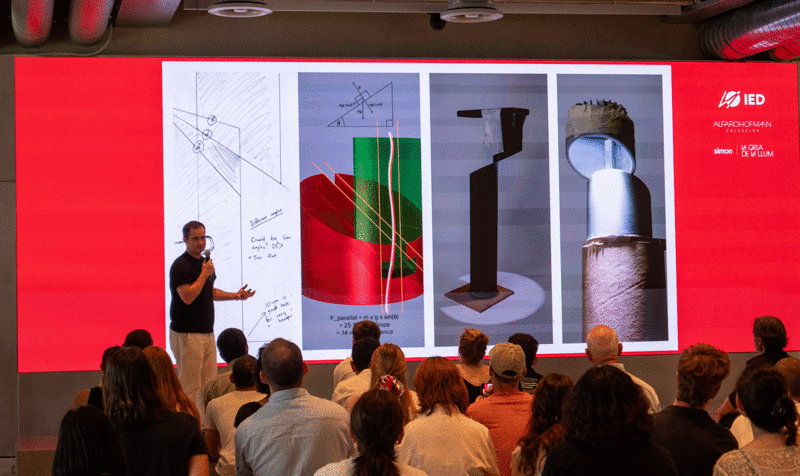
Spencer Finch-Batista presenting “Suraisu”, an energy-efficient portable light.
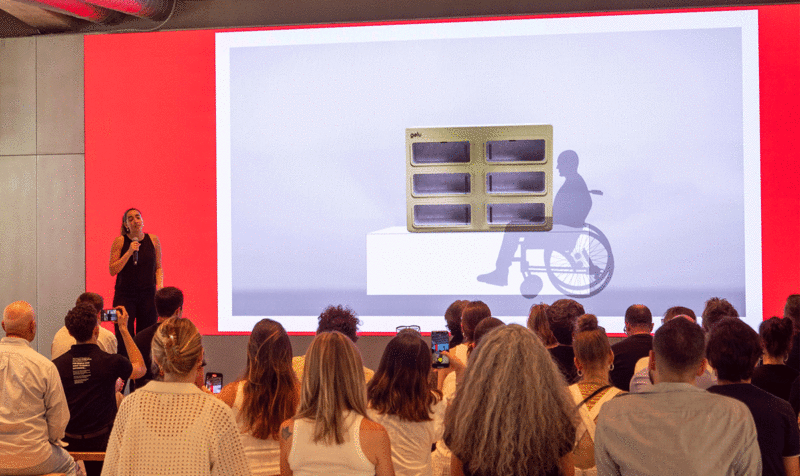
Malak Abdelaziz’s sustainable refrigerator combines elegance with advanced technology.
